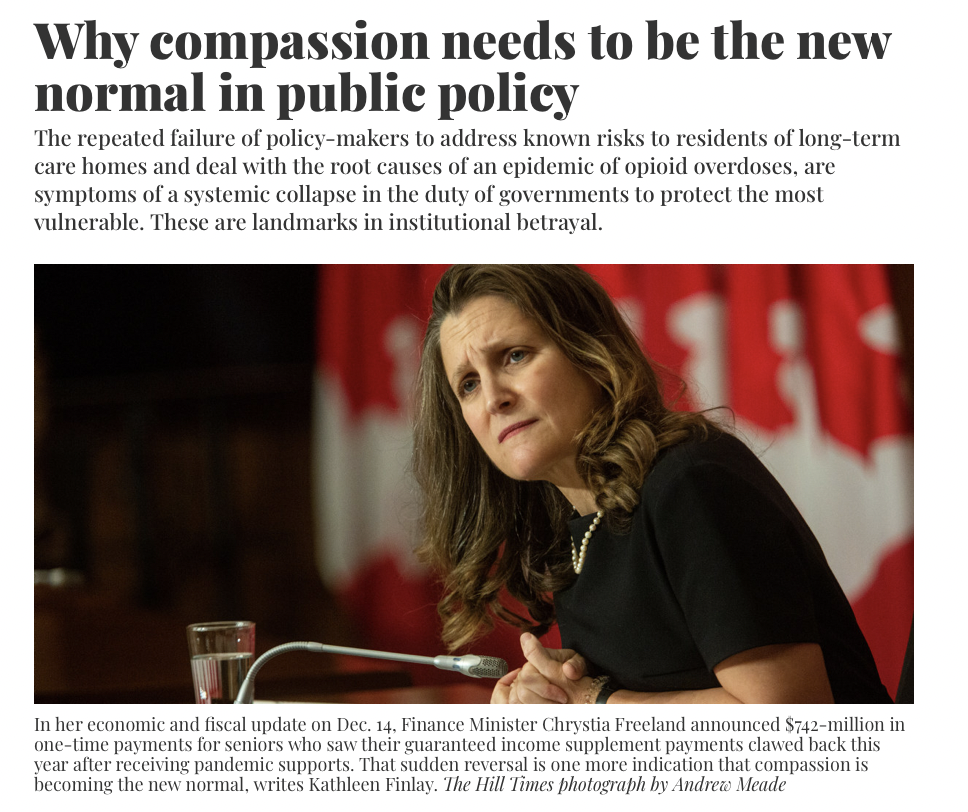Needed now more than ever: Compassion’s new paradigm for the 21st century
How organizations, global brands and public institutions demonstrate and manifest compassion has always been important. But the coronavirus pandemic brought unseen issues to the surface that revealed the infliction of unintended harm to too many. We saw the consequences of an absence of what we call compassion guardrails to protect the most vulnerable. More than three years on, we continue to see mounting opioid overdoses that have not receded with the pandemic. Record numbers of people using foodbanks and waiting in long lines for help is another sign of the times. Our mental health system, besieged by the effects of lockdowns and COVID-19 anxiety, still flounders under the strain of unmet demand.
These trends have put a new agenda on society’s radar, and with it, the expectation that decision-makers will do a better job of delivering compassion where it is needed, especially when it comes to at-risk populations. A new understanding has also begun to crystallize that greater compassion is needed in the everyday workplace as post-pandemic work-life balance considerations have been thrown into the human capital equation.
Our experience has shown us that governments and public institutions are often poorly organized to understand the compassion needs that confront them. Innovation and compassion rarely appeared together in the same sentence, until we began to place them there. They actually get along quite well.
Corporations and global brands undervalue the potential of compassion to reinforce trust and loyalty among key stakeholders. It is an underappreciated core value that can make a huge difference in public esteem for organizations, as well as in the lives of individuals. Time and again we’ve seen how the public responds to authentic displays of compassion, especially when personal harm and injury are involved. We’ve also seen how the public responds to its absence. Leaders are most credible when they speak the language of compassion. An organization that is not fluent in compassion will have a very difficult time navigating the minefields of crisis and is not likely to succeed, as we have seen over and over again in scandals involving sexual misconduct and the harm of medical errors.
The bottom line: compassion is increasingly viewed as the recognizable signature of our common humanity, brought into focus by the force of our conscience and the pull of our moral imagination. It’s what makes our place and interactions on this planet sustainable. And it’s why we need to make compassion the new normal.
RELATED



